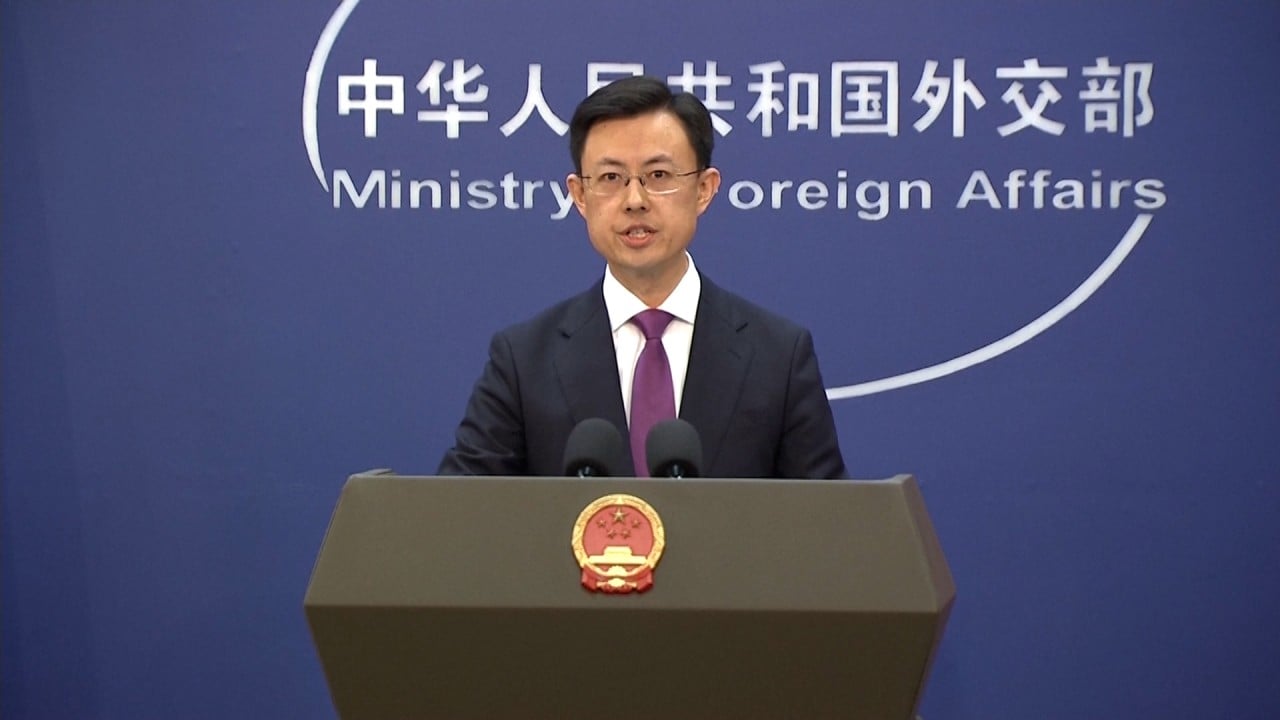Advertisement
There was a perception in the United States that “somehow China’s economy is so weak that the tariffs will bring China to its knees,” said Sean Stein, president of the US-China Business Council, at an event hosted by the US–China Education Trust on Thursday.
In fact, Beijing had “been predicting this day and preparing for this day since at least mid-2018”, he continued, noting that China did not see the need for a deal as urgently as the White House might believe.
Another common US misjudgment, Stein told the Washington event, was underestimating China’s desire to not “be perceived as being bullied on the world stage”.
Advertisement
According to Stein, what set off the escalatory spiral, which culminated in both countries levying triple-digit tariffs on the other, was Washington’s expectation that Beijing would initiate contact, as other countries had done, after the first round of tariffs imposed on China during Trump’s second administration in February.
Moreover, while the US might see its tariff policy narrowly, Beijing viewed it as part of a “broader US strategy to contain China’s growth”, Stein said, noting it as another reason a quick deal between the two countries was unlikely.


